9 Books for Beginning Wine Drinkers
There’s a lot going on in every wine glass. This overpriced grape juice has a long history, with some wineries dating back hundreds of years. Oenology (winemaking) has been developing for centuries, and today there has never been more choice among wine. Reading books for beginning wine drinkers will make the wall of wines in your local store far less intimidating.
Unfortunately, wine is still a privileged world that has only been welcoming to non-white, non-male people very recently. Wine experts Desiree Harris-Brown, Tish Wiggins, and Julia Coney have not yet published books, but they provide a necessary perspective as women of color in the historically exclusionary industry.
Wine just doesn’t need to be as pretentious as some people make it out to be. Most wine store owners want to help you find a bottle that you’ll like at their store so you’ll keep coming back — it’s in their best interest to help you. They’re also generally enthusiastic about wine and want you to enjoy it, too. If you want to arm yourself with some background knowledge before entering the store and staring at the shelf of wines, these books will get you started and give some good direction.
Beginning Your Wine Journey
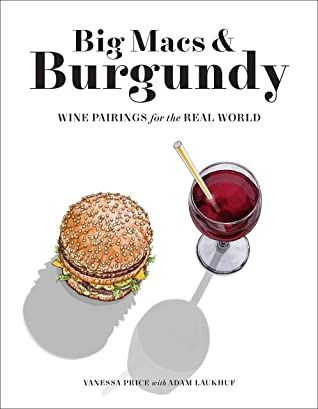
Big Macs & Burgundy: Wine Pairings for the Real World by Vanessa Price and Adam Laukhuf
There are no rules written in stone that an expensive bottle of wine must pair with an expensive meal. Taste buds are universal, and Vanessa Price seeks to make exciting pairings between wine and food that will delight wine drinkers of any level. Pairing wine varietals with Cheetos or other common foods gives tasters the language to understand the tastes they’re picking up on in wine.
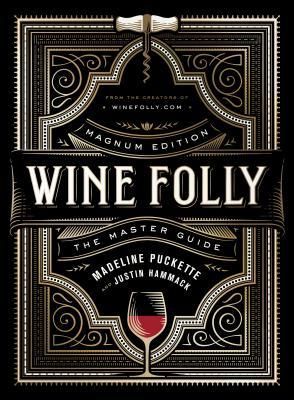
Wine Folly: Magnum Edition: The Master Guide by Madeline Puckette and Justin Hammack
The newest edition of Wine Folly expands on the best information from the first volume and adds even more regional information for a budding wine taster. The illustrations and maps give an engaging visual guide to the ways wines are made and classified before they go out into the world. The book also includes an etiquette lesson about tasting with explanations of why the various steps are important to tasting. If you’re looking for a guide to break down the way wines taste and why, this is a great place to start.
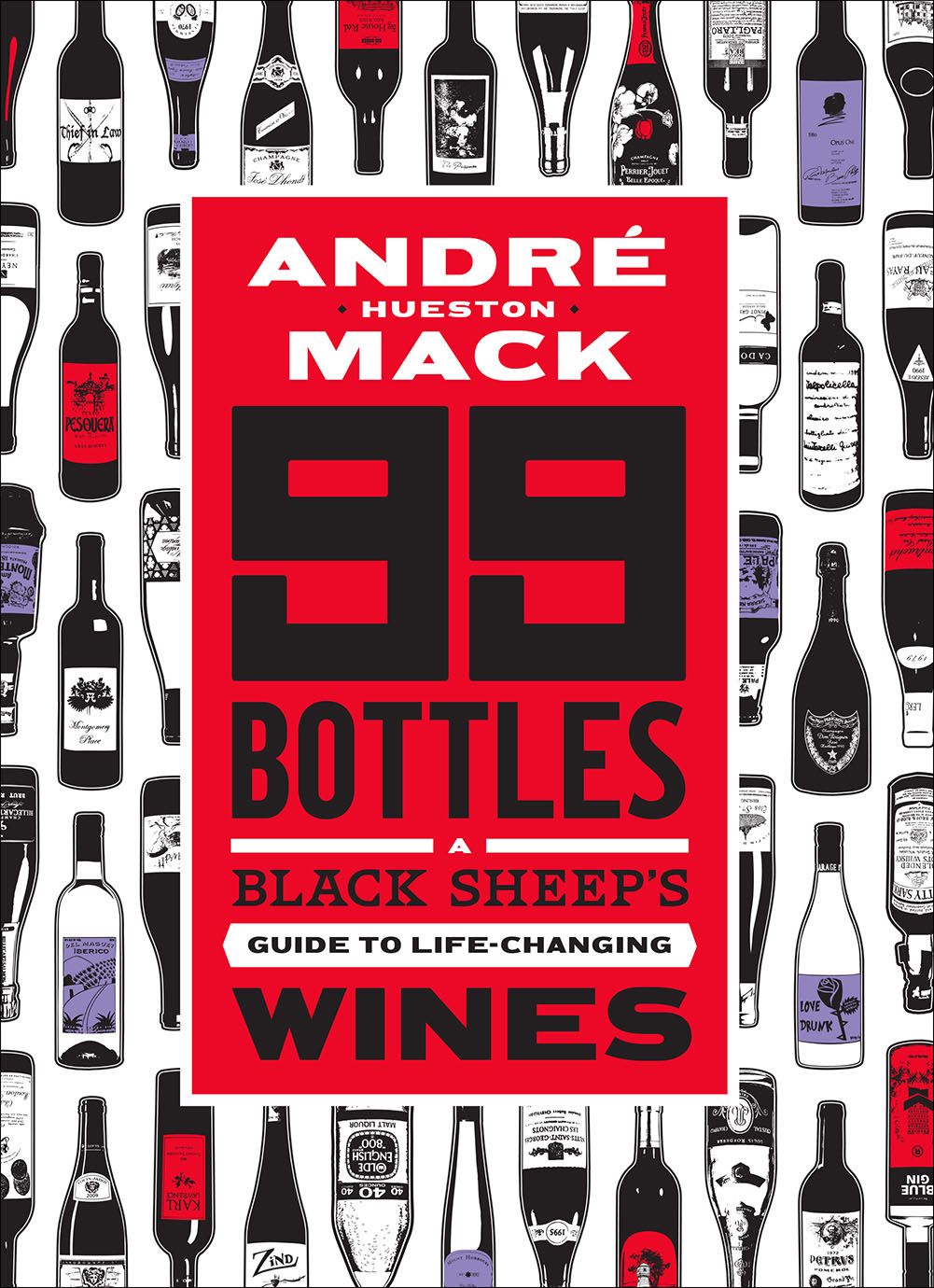
99 Bottles: A Black Sheep’s Guide to Life-Changing Wines by Andre Hueston Mack and Kelly Alexander, illustrated by Rob DeBorde
As one of the few Black men of his generation to make it to the upper echelon of the wine industry, André Mack has a valuable and earnest perspective on wine. He takes us through the bottles that resonated with him, from wine you can buy at the grocery store to those that you can only find in the fanciest restaurants in the world. Each of these wines has a personal resonance with Mack, and he weaves in explanations of taste and the development of different wines.
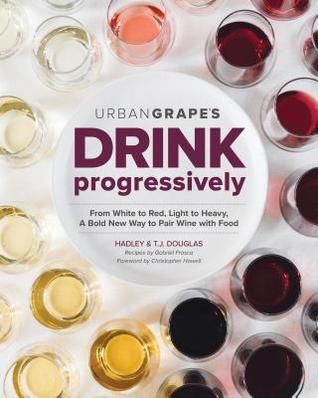
Drink Progressively: A Bold New Way to Pair Wine and Food by Hadley Douglas and T.J. Douglas
The founders of The Urban Grape present an easy, accessible way to pick wines you’ll love and pair them with food you’re excited to eat as well. The progressive scale measures the body of the wine, with 1 being the lightest-bodied and 10 being the fullest-bodied. This categorization scale allows readers to explore many wine regions and grape varietals because you can choose one thing you like about wine (the body) and travel around the wine world. There are also over 50 recipes and suggested wine pairings with takeout for the nights you don’t want to cook.
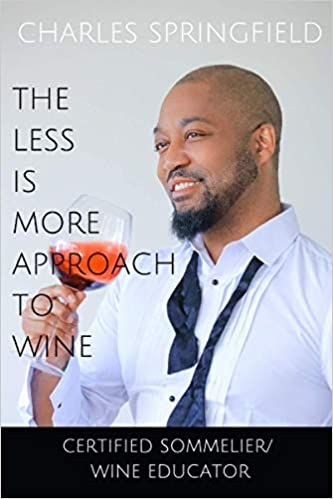
The Less Is More Approach To Wine by Charles Springfield
Based on the wine classes that he hosts in New York City, certified sommelier Charles Springfield shares his wealth of knowledge in an accessible, comprehensive guide to the history of wine. He spends time breaking down common terms so wine novices can start to gain confidence in knowing what they want to ask for in wine. Readers will feel empowered to pursue their own tastes instead of buying what they think they should like.
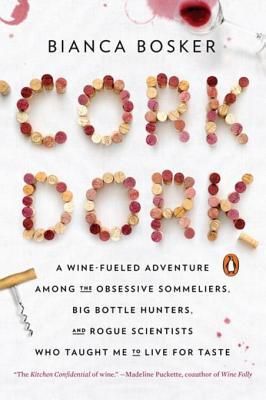
Cork Dork: A Wine-Fueled Adventure Among the Obsessive Sommeliers, Big Bottle Hunters, and Rogue Scientists Who Taught Me to Live for Taste by Bianca Bosker
Bianca Bosker was once an amateur drinker like the many of us and then embarked on a journey to understand the science behind good wine and the people who become Master Sommeliers. Bosker follows wine from the creation in cellars to the rarefied blind taste tests of Master Sommeliers. In addition to documenting her personal experiences, Bosker traces the history of wine creation and discusses the neuroscience of wine tasting. This book proves that anyone can learn this rich history and go on a wine journey.
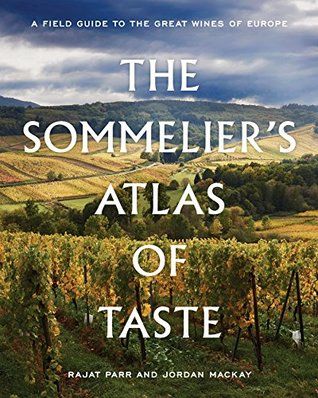
The Sommelier’s Atlas of Taste: A Field Guide to the Great Wines of Europe by Rajat Parr and Jordan Mackay
This is an ideal reference book for everyone from beginners to experts. Rajat Parr and Jordan Mackay have decades of tasting experience between them, and they explain the differences between regions, names, grape varietals, soils, and the many other ways a wine comes to be. In addition to a thorough exploration of the history of winemaking, they discuss recent trends and how the wine world is changing.
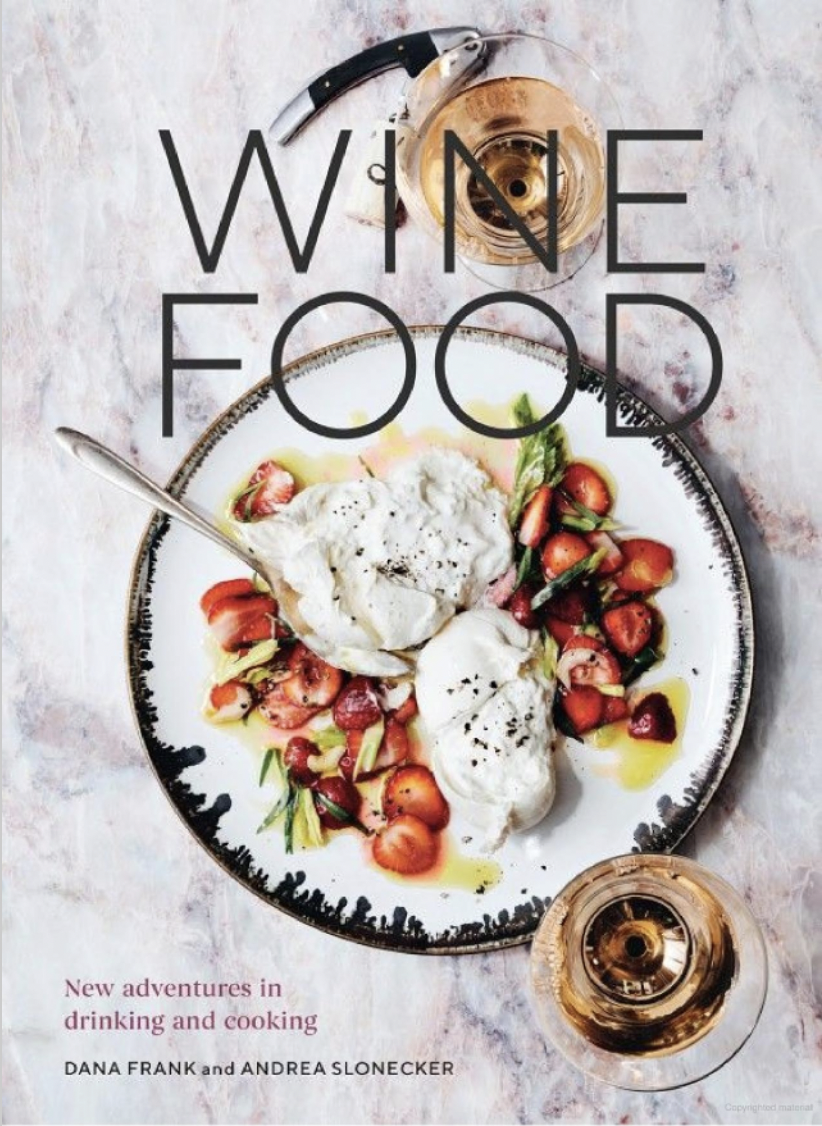
Wine Food: New Adventures in Drinking and Cooking by Dana Frank and Andrea Slonecker
Wine doesn’t exist without food — they both come from the earth and should be paired together to enhance flavor. This is a great guide for someone who wants to have their own wine collection and pair it well with the food they make at home. It’s full of recipes, advice for pairing wines based on food flavor and texture, and practical advice for finding the wines that delight your taste buds.
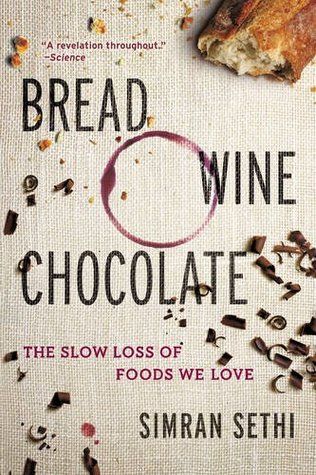
Bread, Wine, Chocolate: The Slow Loss of Foods We Love by Preeti Simran Sethi
The interconnection of all food is undeniable. Food journalist Preeti Simran Sethi explores the globalization of food and how that affects taste and flavor around the world. This is especially important for grape varietals that give wine its different flavors and names. Though this is a larger book about food culture, Sethi’s interviews with winemakers are crucial for understanding the changes in the winemaking world and how to seek out wine more consciously.
Although wine can be used as a status symbol, it really is ultimately grape juice. It’s important to define for yourself what kind of wine you like and not get swayed by what wine you “should” be drinking in any setting.
If you’re looking to level up your cooking alongside your wine taste buds, dive into new cookbooks as well to add more delicious recipes to your arsenal. If you’re tired of wine after this list, you can also get into beer history and books.
Copyright
© Book Riot
